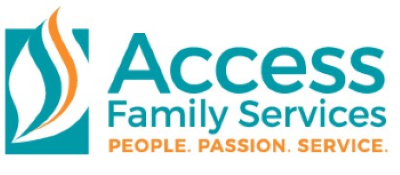Family Centered Treatment
Overview:
Family Centered Treatment (FCT) is an evidence-based practice used to stabilize youth in the home by addressing underlying functions of behavior in order to reduce disruptions in the home, school, and community. FCT addresses the needs of a family as a whole, recognizing that what affects one family member affects all family members. This is a home-based treatment model, including experienced professionals and strong community supports to empower families. FCT is a practical model focusing on real life, sustainable solutions.
Goals:
- Reduce the dependence upon professionals and increase independence within the family structure.
- Decrease symptoms, out-of-home placements, and further penetration into the system.
- Improve communication, problem solving, family relationships, emotional regulation and behavior control.
Program Highlights:
- FCT clinicians will respond quickly to referrals and begin immediately engaging with the family to examine and change behavior.
- Individualized goals are determined during the initial phase and guide the family to negotiate tasks associated with daily living, improving relationships and interactions.
- A highly trained team facilitates the use of a variety of tools for the child and family for managing stress, trauma, and effective decision-making.
- FCT foundation supports agencies to ensure fidelity and success.
- FCT has tremendous success keeping families together and meeting treatment goals.
Program Design:
Licensed Professionals, using a team-based approach, work intensively with the child and family to change and integrate new behaviors into their daily practice. These Licensed Professionals use the FCT family preservation model working with the family system as the designated unit of focus.
Entrance Criteria:
Services are appropriate for youth and families experiencing difficulties associated with trauma, behavioral challenges, child abuse, neglect, family conflict, juvenile delinquency, child or parental developmental disabilities and/or behavioral health problems.
Service Regions:
Raleigh, Fayetteville, Gastonia, and Charlotte.
Referral / Contact:
Contact the office closest to you to obtain services (currently offered with Alliance, Cardinal, and Partners MCO’s). Basic information will be gathered and you will be given an initial appointment. If you prefer to complete the contact information on our website, you will be contacted directly by our intake staff.
